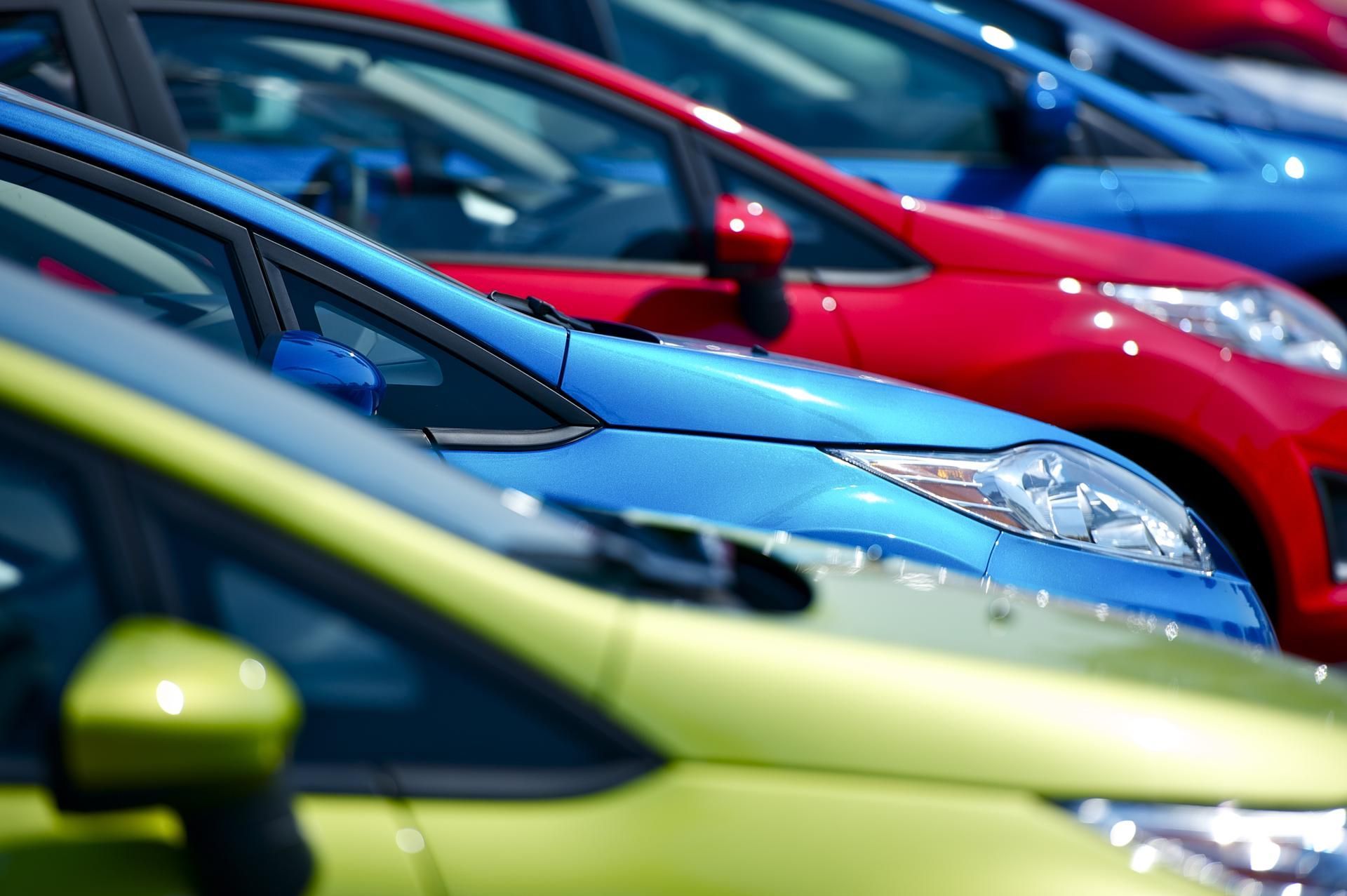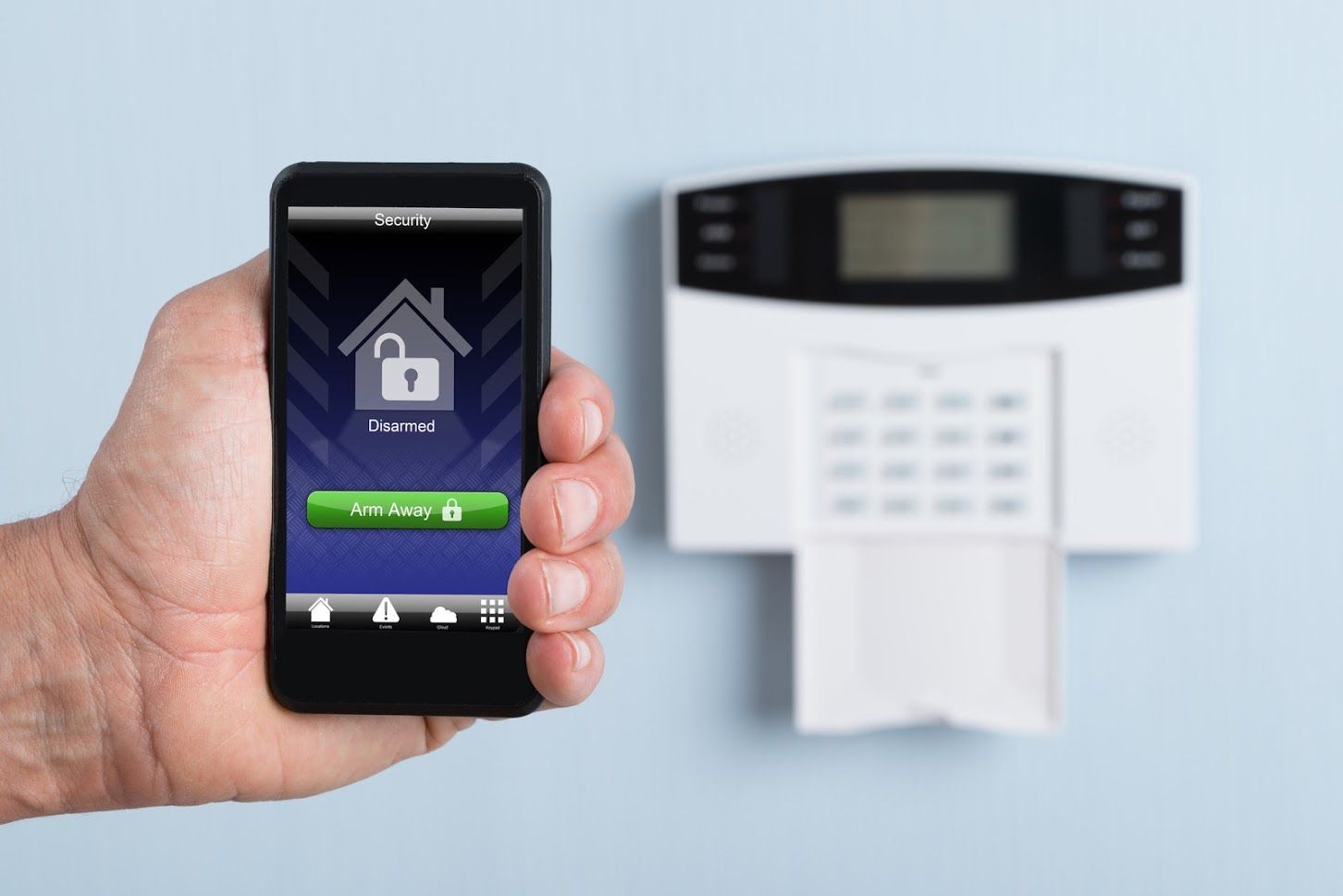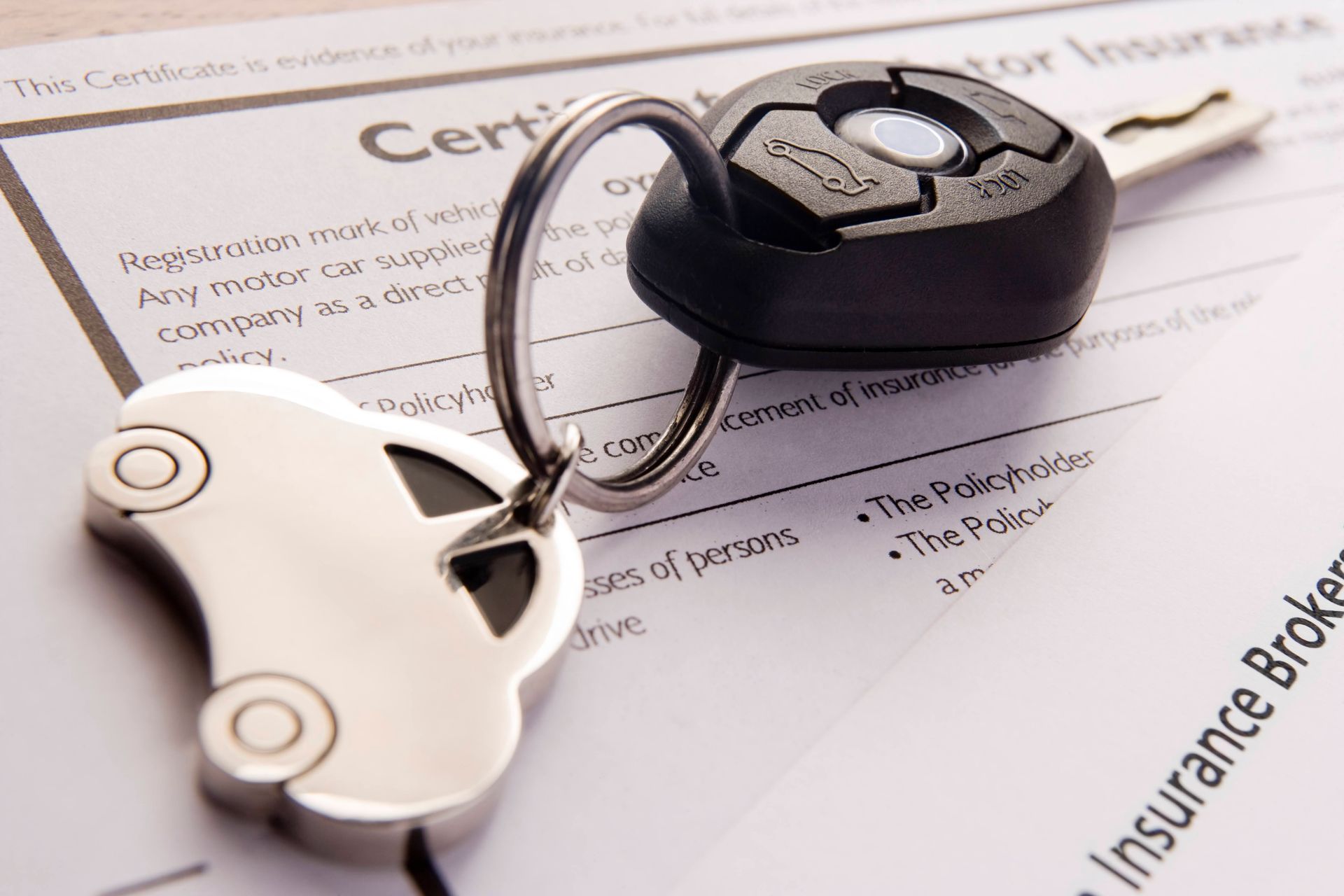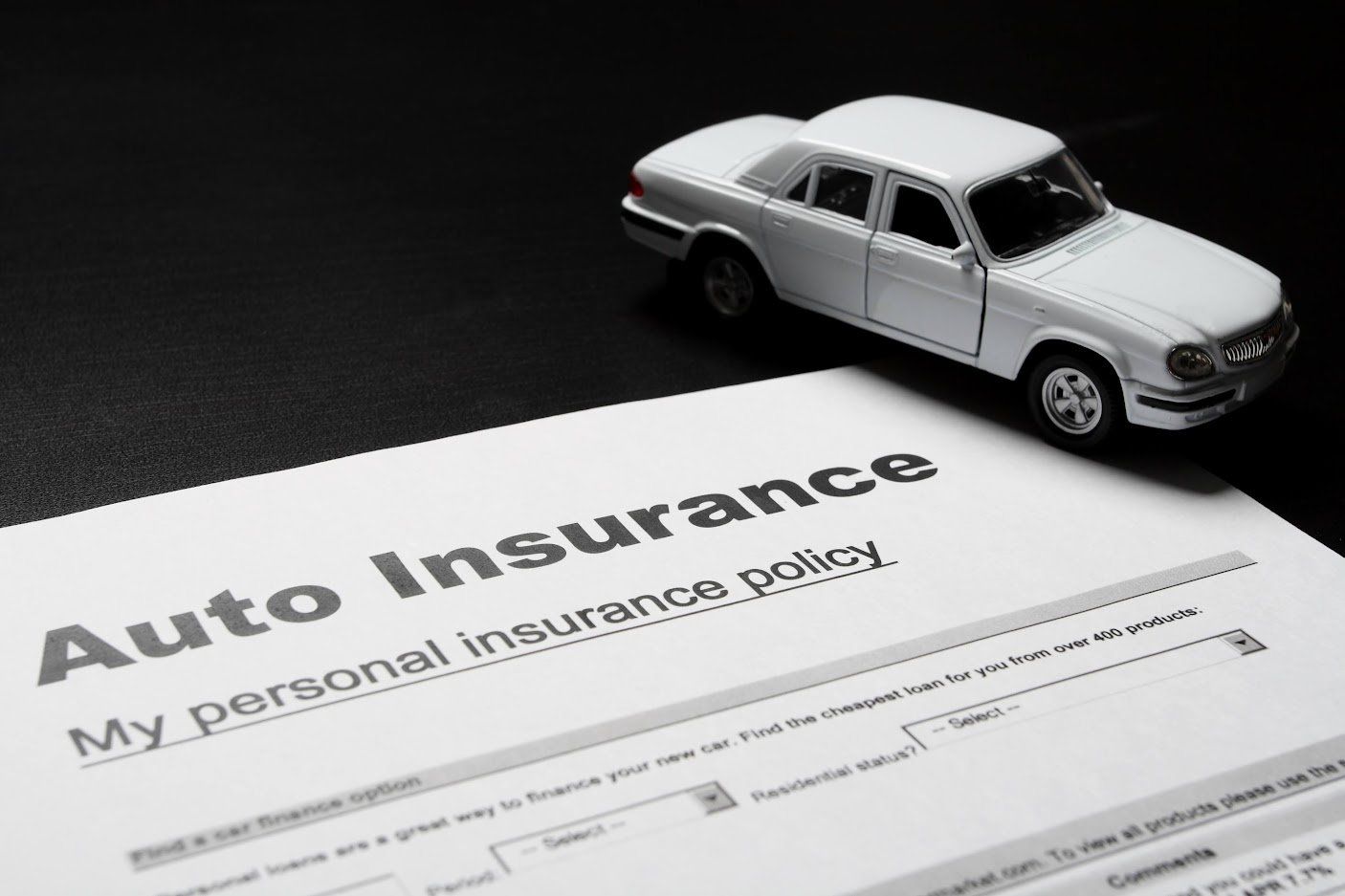3 Reasons You Need Rideshare And Delivery Insurance
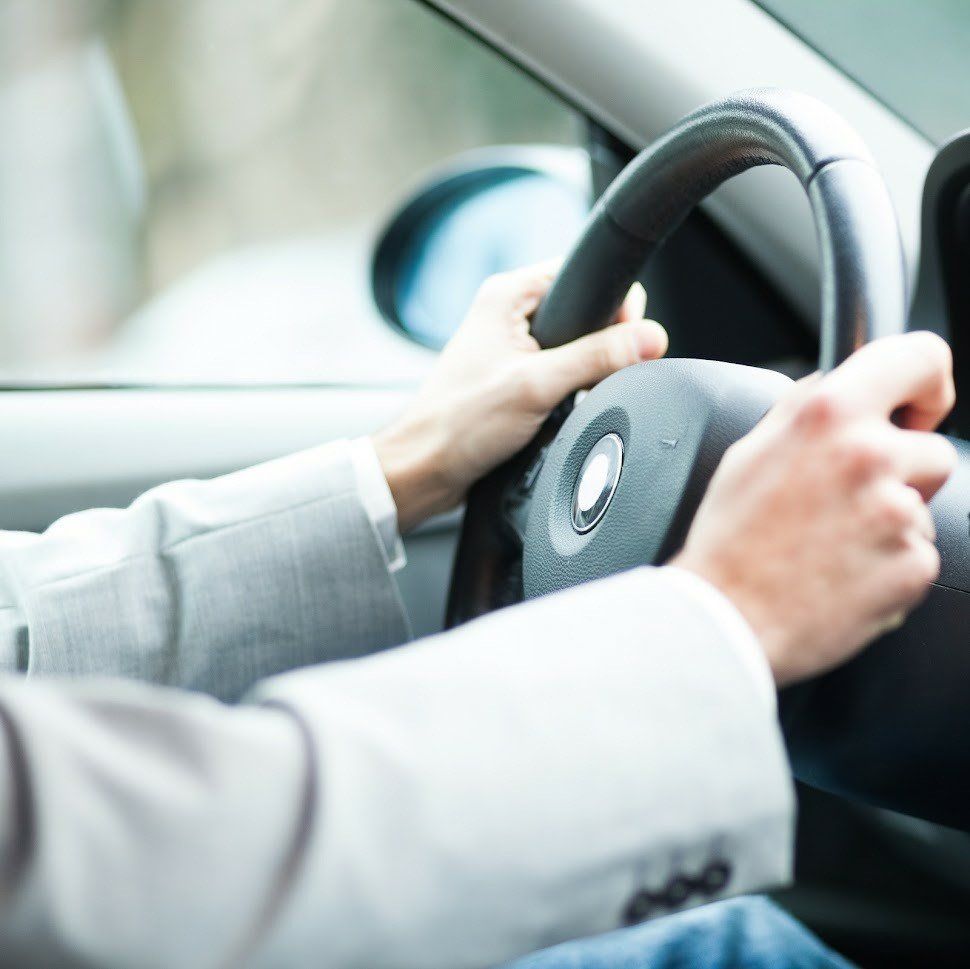
When driving for a rideshare service such as Uber or Lyft, you may think you have adequate coverage through your personal insurance policy. Unfortunately, nothing could be further from the truth. You may not have coverage at all and need rideshare and delivery insurance. This type of policy fills the gaps between your personal insurance coverage and the commercial insurance your employer provides.
Discover a few reasons you need to purchase this type of policy before picking up your next fare.
1. You May Not Be Covered
Most personal policies do not cover you or your vehicle when you drive for hire. This lack of coverage stems from the additional time you spend on the road. The more time you spend behind the wheel increases the company's liability.
If your insurance company discovered you are engaged in such activities without notifying them, they could cancel your policy and deny any claims resulting from an accident.
The commercial policies the rideshare company provides are third-party liability coverage. Liability coverage provides protection for any injury or damage claims in which you as a driver, or the company, may be liable.
Liability coverage means these policies protect the passengers in your vehicle but provide limited or no coverage for you as a driver. This lack of coverage could leave your injuries and vehicle damage uncovered in the event of an accident.
Fortunately, rideshare and delivery insurance will cover you. Not only will this coverage protect you while you drive but will work in conjunction with any other policy you have to ensure you have coverage at all times.
2. Your Company's Policy Only Covers Certain Times
The rideshare company's coverage depends on where you are and what you are doing at specific times. The coverage varies based on whether or not you have a passenger in your vehicle at the time.
For example, if your app is not on, you have no company coverage at all. Your personal auto policy is in force. If your app is on and you are waiting for a hire, the company policy will provide limited third-party liability coverage. You have no commercial collision or comprehensive coverage.
Once a rider requests a ride through your app and through the time you drop them off, you have additional coverage. For example, Uber will provide uninsured and underinsured coverage as well as contingent collision and comprehensive coverage, and your third-party liability insurance increases to one million dollars.
Most rideshare companies provide contingent collision and comprehensive coverage that exceeds the state minimum. In Illinois, the state's minimum coverage is $25,000/$50,000/$20,000 . A breakdown of this coverage is:
- $25,000 for any injuries for one person
- $50,000 for any injuries for an accident
- $20,000 for any property damage for an accident
The coverage that Uber currently offers is
$50,000/$100,000/$25,000 .
3. Your Company's Policy Has High Deductibles
In the event of a collision, you will be responsible for paying your deductible before the policy begins to pay. The coverage that rideshare companies provide has high deductibles. For example, collision and contingent comprehensive coverage under an Uber policy has a $1,000 deductible, and Lyft has a $2,500 deductible. You would have to pay this amount before any coverage kicks in.
You can quickly lose the extra money you make through rideshare or delivery jobs if you do not have adequate coverage in the event of an accident. Obtaining coverage may be as simple as adding an endorsement to your existing coverage or purchasing a stand-alone policy.
Clover Insurance Agency can help you explore your options. We understand the best type of coverage for rideshare and delivery drivers. Give us a call today so we can get you covered.

